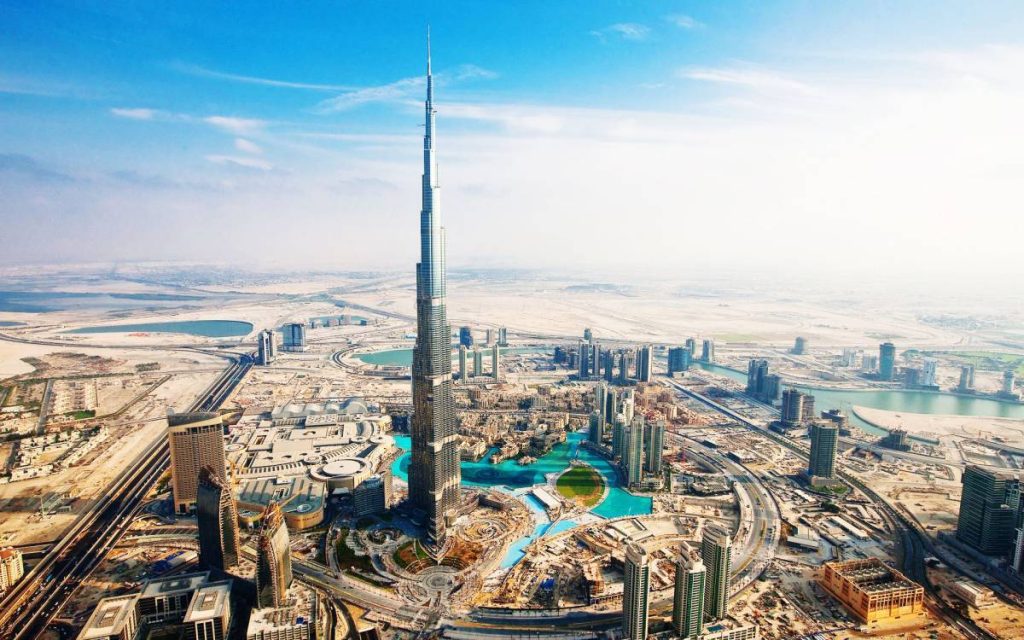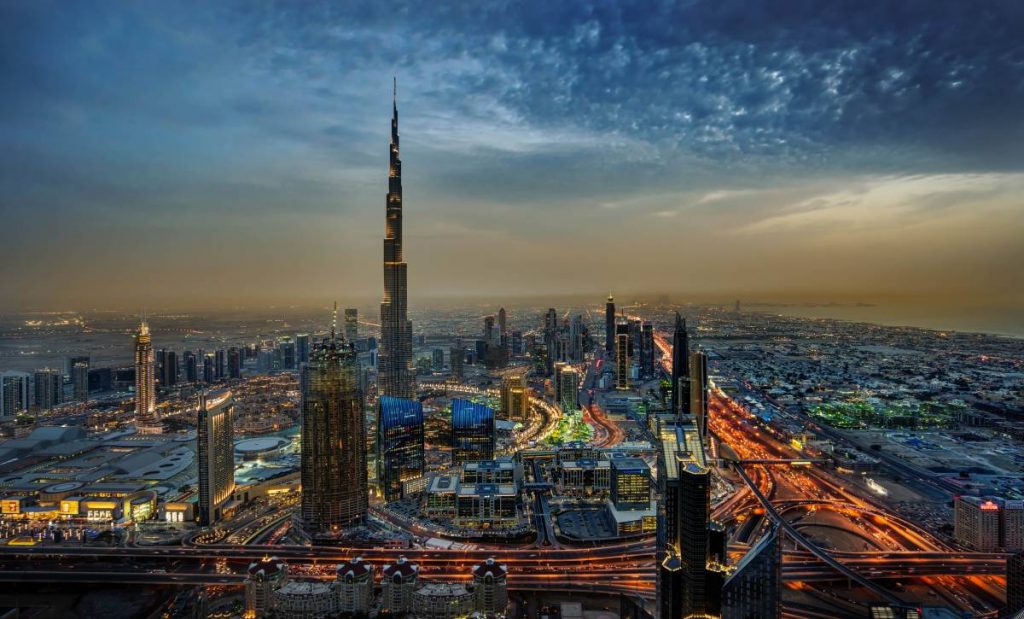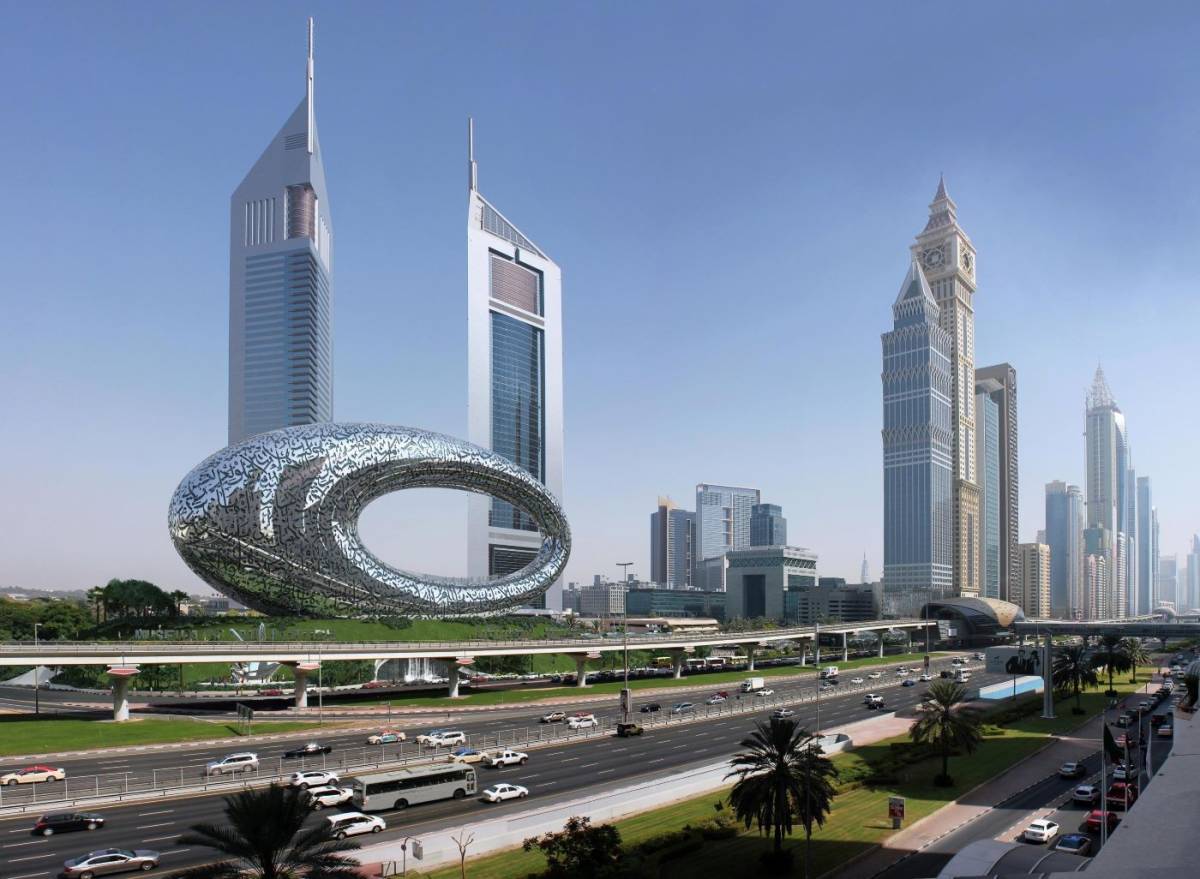The UAE, represented by Dubai Electricity and Water Authority (DEWA), has maintained its first ranking globally for the third consecutive year, with scores of 100 percent in all “Getting Electricity” indicators in the World Bank’s Doing Business 2020 report, reports Asian Lite News
World Energy Day on 22nd October, is an initiative endorsed by Sheikh Mohammed bin Rashid Al Maktoum, Vice President, Prime Minister and Ruler of Dubai, during the World Energy Forum in Dubai in 2012.

It was endorsed in the presence of representatives of 54 countries and the United Nations (UN), Arab League and African Union Commission through the “Dubai Declaration of Energy for All”.
World Energy Day underlines the importance of renewable energy as the main pillar of sustainability and a strategic priority for the UAE, leading proactive efforts in adopting innovation to mitigate the adverse effects of climate change and global warming.
It consolidates the UN Sustainable Development Goals (SDGs) 2030. The UAE has taken early steps to bid farewell to the last barrel of oil, balance development and preserve a healthy and clean environment.
The UAE’s efforts in this area have been crowned with ranking among the top ten players in energy efficiency, in recognition by the UN for its comprehensive development. This is supported by diversification of resources, a strong infrastructure, and leadership in clean energy to create a green economy.
ALSO READ: Slovak PM visits Dubai’s Smart Police Station at Expo 2020
The UAE has won international leadership positions in the competitiveness indicators of the energy sector in general, and clean energy in particular, after seven international references agreed to classify it among the top 10 countries in the world with 18 sector-specific indicators in 2020.
The UAE, represented by Dubai Electricity and Water Authority (DEWA), has maintained its first ranking globally for the third consecutive year, with scores of 100 percent in all “Getting Electricity” indicators in the World Bank’s Doing Business 2020 report.
“We have a clear strategy and objectives to increase the use of clean and renewable energy in the energy mix of Dubai, said Sheikh Ahmed bin Saeed Al Maktoum, Chairman of Dubai Civil Aviation Authority and Chairman and Chief Executive of Emirates Airline and Group.
“Dubai is a pioneer in the transition towards a green economy through two parallel courses of action. The first is to reduce energy and water demand by 30 percent by 2030 by promoting efficiency and conservation programmes. In contrast, the second is improving the supply side by diversifying the energy mix, especially clean energy, increasing the efficiency and reducing the power and water network losses.”
In his statement on World Energy Day, Suhail bin Mohammed Al Mazrouei, Minister of Energy and Infrastructure, said, “The UAE has developed a set of future plans to diversify energy sources and move towards clean ones, especially nuclear power. The operation of the Barakah Nuclear Energy Plant will move forward with efforts to shift towards clean energy in the country, ensuring energy sustainability, diversity and security for decades to come.”

“The UAE also follows a long-term approach to planning for the future of energy and reducing emissions, which prompted us to launch the UAE Energy Strategy 2050 to raise the efficiency of individual and institutional consumption by 40 percent, and raise the contribution of clean energy in the total mix of energy produced in the country to 50 percent, as well as to ensure meeting energy demand and sustaining growth in the country’s economy.”
On the occasion, DEWA CEO Saeed Mohammed Al Tayer said that Dubai will become “a global model for clean energy and green economy through adopting Fourth Industrial Revolution technologies and disruptive technologies such as Artificial Intelligence (AI), Unmanned Aerial Vehicles (UAV)s, Energy Storage, Blockchain, Internet of Things (IoT) and others.”
He said DEWA is committed to innovating proactive solutions for the next 50 years and achieving the Dubai Clean Energy Strategy 2050, which aims to provide 75 percent of Dubai’s total power capacity from clean energy sources.
“The installed capacity of clean energy in Dubai has reached nine percent of the energy mix in 2020 which is two percent more than the target for 2020. One of our key projects to achieve this is the Mohammed bin Rashid Al Maktoum Solar Park, the largest single-site solar park in the world with a planned capacity of 5,000 MW by 2030. Solar power capacity in operation at the Solar Park has reached 1,310 MW using solar photovoltaic panels and will reach 13.3 percent of the total production capacity on several stages until Q1 of next year,” he added.
“We also have the green hydrogen production project using solar energy, Hatta hydroelectric power plant and the using wind energy projects. DEWA’s installed capacity of electricity has reached 13,200 MW and 490 MIGD. We strive to spread awareness of the importance of conservation. DEWA’s conservation programmes and initiatives from 2009 to 2020 achieved cumulative savings of 2.6 terrawatthours (TWh) of electricity and 8.5 billion gallons of water. This is equivalent to saving AED1.5 billion and reducing 1.136 million tonnes of carbon emissions,” he added.

